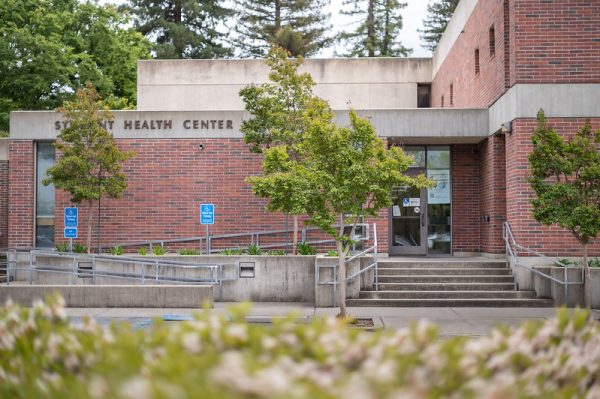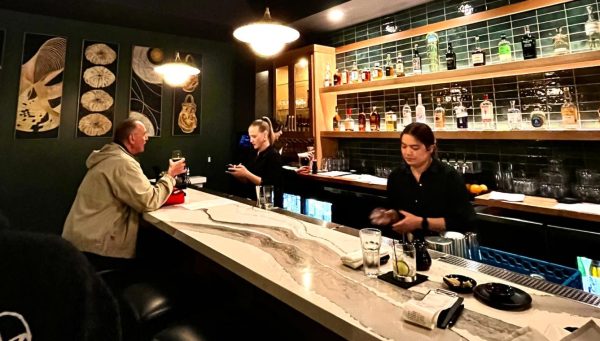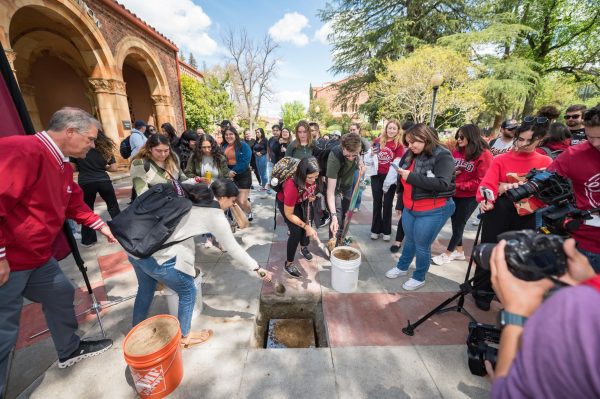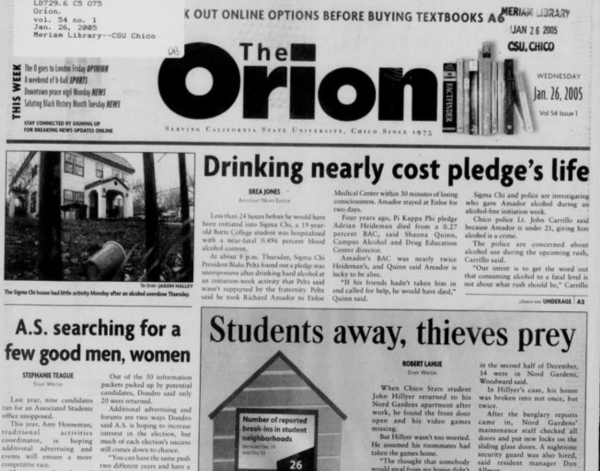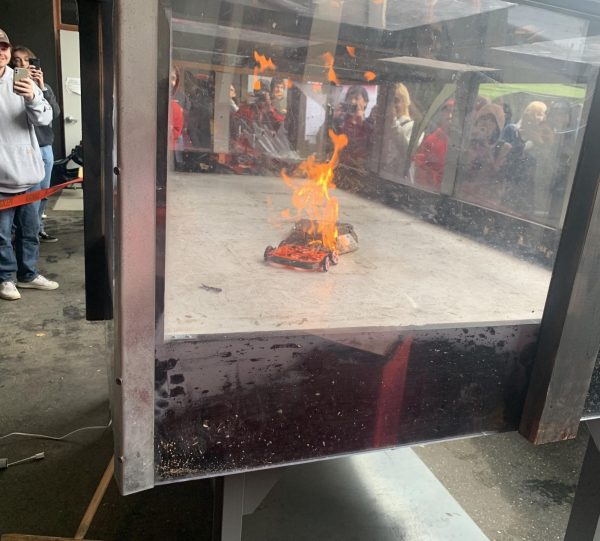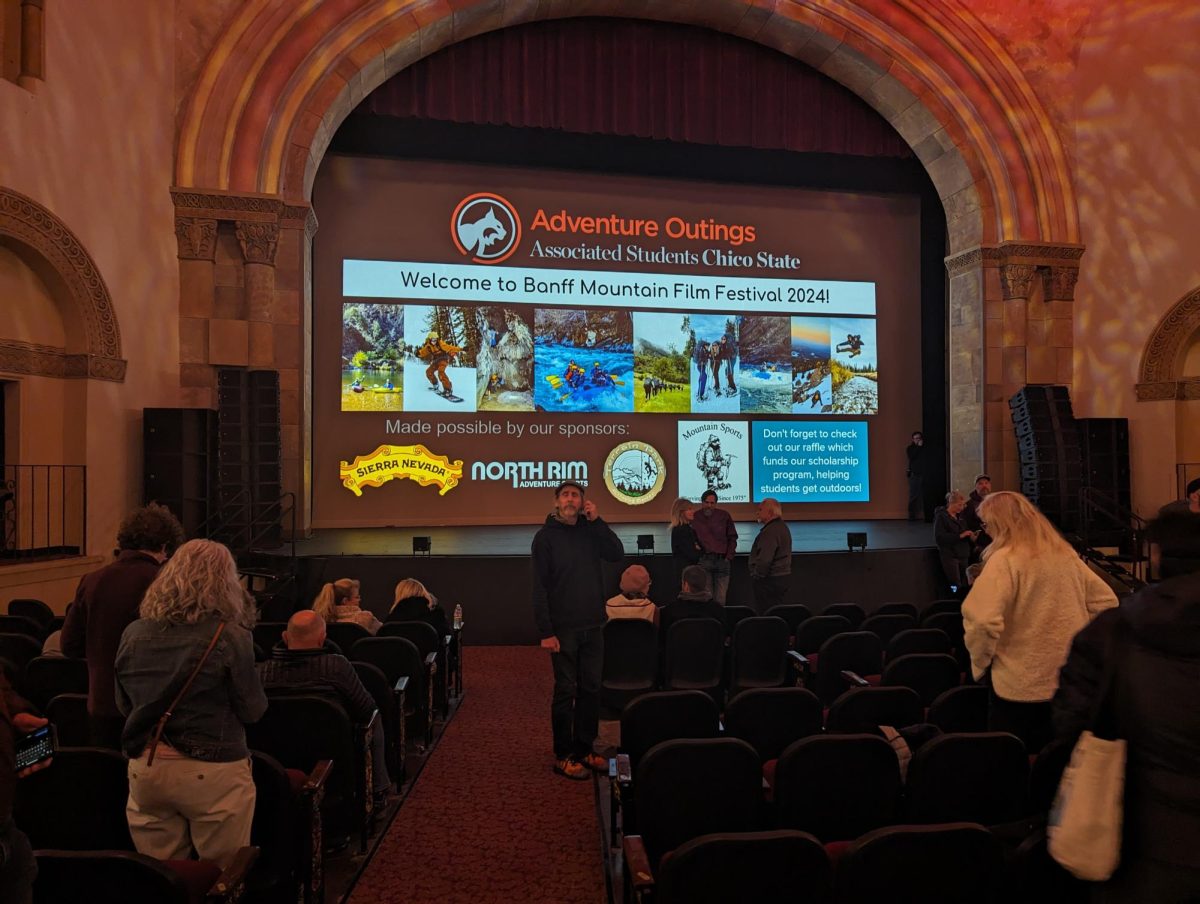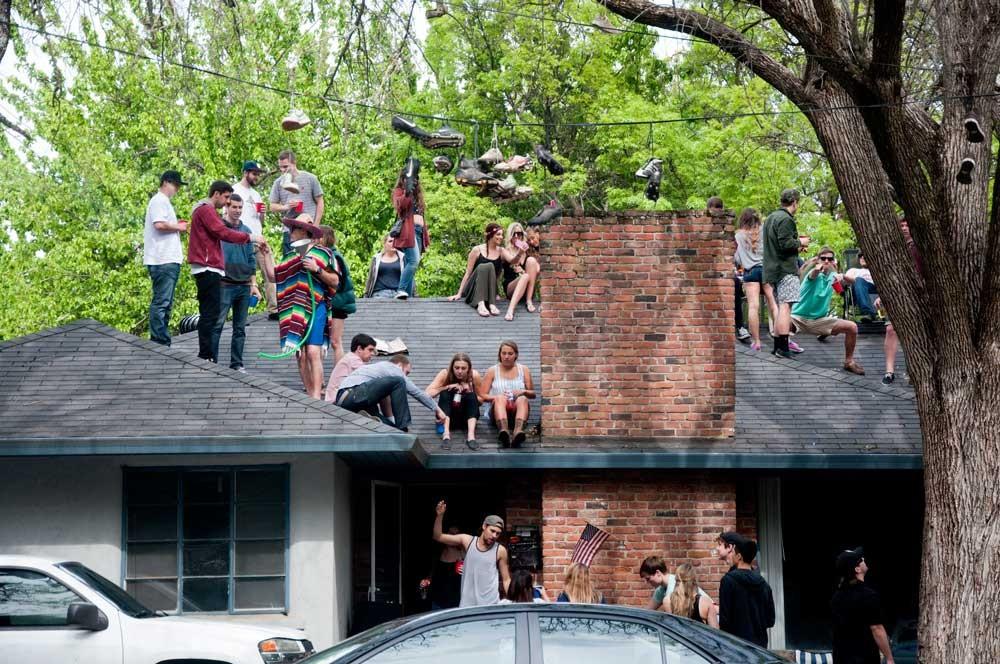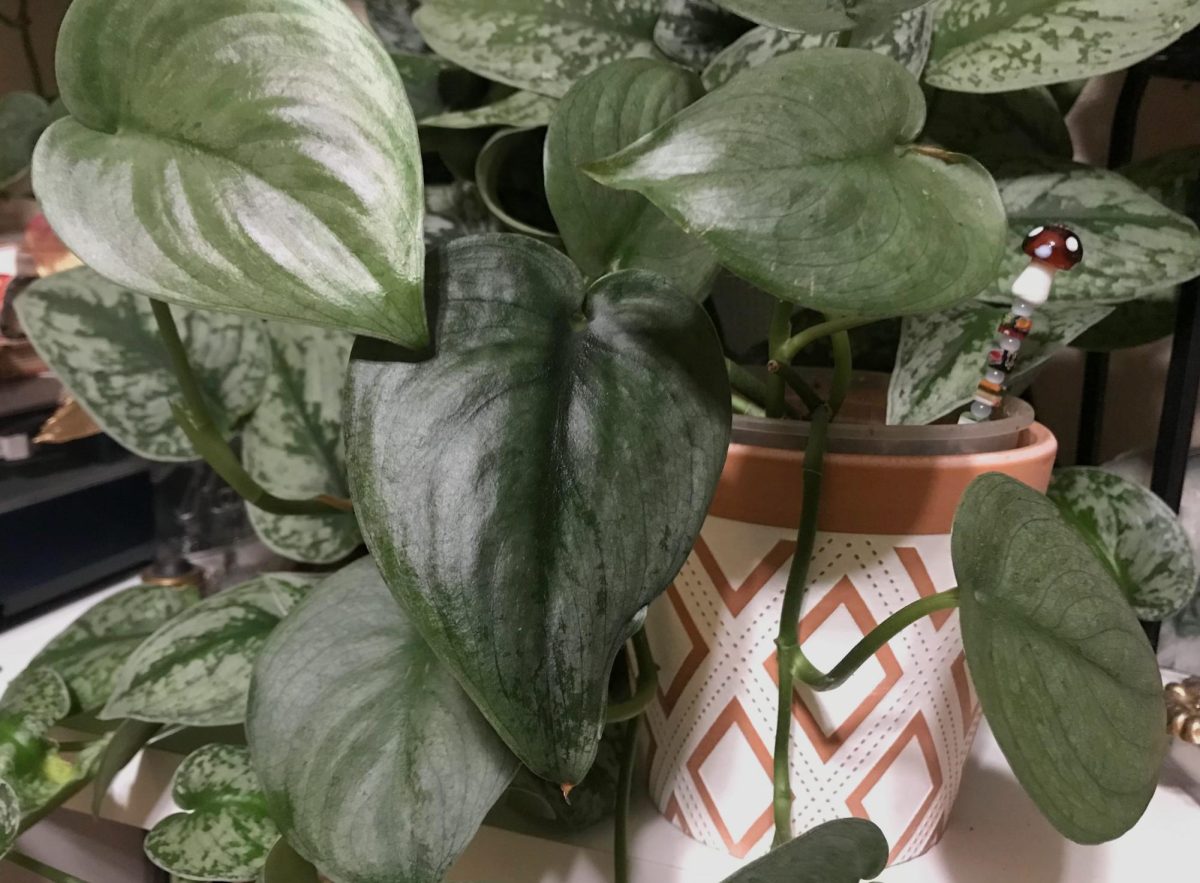Being American is often associated with having no culture, or is grouped into one large categorized group.
There is no easy way to define a specific culture, but Chico State professor and Chair of Department of Sociology Nandi Crosby said it is an important part of a person’s identity.
“It’s a shared sense of beliefs, rituals, language, traditions, ceremonies, norms and values that connect people to one another,” Crosby said.
Some people don’t feel a cultural connection to the country they live in or from the country that holds their ancestral roots. Since America is steadily becoming more diverse, it can be difficult to pin down a culture that people who are considered American might connect with.
For white Americans, identifying with a specific culture isn’t as easy as it appears.

Fourth-year biology major Monica Furubotten identifies more with being American than European despite being 50 percent Norwegian. Furubotten also said she did not grow up with Norwegian customs and feels that a strong sense of patriotism is what constitutes American culture.
“A lot of countries don’t put that out there as much (as America),” Furubotten said.

Fourth-year Spanish and psychology major Karina Melendez does not identify as American.
“Even though I live in the United States I still identify with being El Salvadorian,” Melendez said.
One-third of the nation believe Americans need to be Christian, 92 percent believe they need to speak English and 55 percent believe people have to be born in the United States, according to a Pew Research Center study.
The study also reports that 80 percent of Americans believe they must share the same values and customs. This makes a clear statement. Even Americans can’t agree on what values and customs make people American.
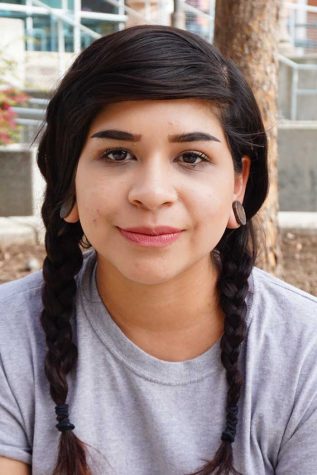
Some people feel caught in between cultures. Jayme Rodriguez, a third-year theater major, identifies herself as Hispanic-American because “it encompasses everything.”
Rodriguez grew up in the U.S. and feels very Americanized because she speaks English more than Spanish. Rodriguez also said her family celebrates more American or European holidays, such as St. Patrick’s Day.
Instead of identifying with being American or ancestral heritage like Rodriguez, some find their cultural identity within subcultures.

While Michael Swindle, a third-year transfer student and political science major, grew up in a religious and conservative setting, it is definitely not his predominant influence in life. He identifies more with the subculture of CrossFit.
“It teaches you to push beyond your limits,” Swindle said.
Even though a majority of people who participate in CrossFit are white, Swindle said it doesn’t take in account gender, sexual orientation or race, and that everyone there belongs.
It doesn’t always matter what we are born and raised as. Sometimes we find our own way of fitting in and finding like-minded people.
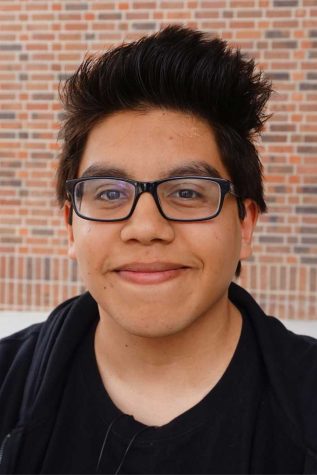
Eduardo Gomez a second-year mathematics major identifies with his Mexican heritage and said that meeting people with similar cultural backgrounds can be difficult in Chico which is only 15 percent Hispanic or Latino.
While many Americans identify with various cultures and subcultures, it is difficult to dispute that white culture is still dominant in the U.S.
A big part of white culture is being severely cut off from our extended family. We are taught at a young age to be independent, move out of the house early and begin a life of our own. Our traditions do not guide us to a culture of belonging.
America is built on white privilege, ideas and philosophies. Minorities were left out of the constitution and have been discriminated against and oppressed for generations. I will never be able to understand the depth of that. But just because the top 40 radio songs and Hollywood movies are filled with a sad excuse for white culture does not mean white people are not allowed to feel disconnected.
White voices have dominated the history books, readings lists in public education and context of perspective for centuries. Even at Chico State, only 1 percent of the instructional staff are African-American, 4 percent Hispanic or Latino and 7.7 percent Asian, according to the Chico State website.
But, the stories told about whiteness are fake, futile and filled with one-sided naivety. No popular novel or movie is honest and raw about the experience of being white. Maybe scholars don’t analyze them that way because they use those white stories as baselines like critics say.
American culture is difficult to define but may mean something different to each person. Believing in a strong sense of patriotism or being born in the U.S. isn’t the culture’s only foundations. It’s about how each person perceives it.
Susan Whaley can be reached at [email protected] or @theorion_news on Twitter.
